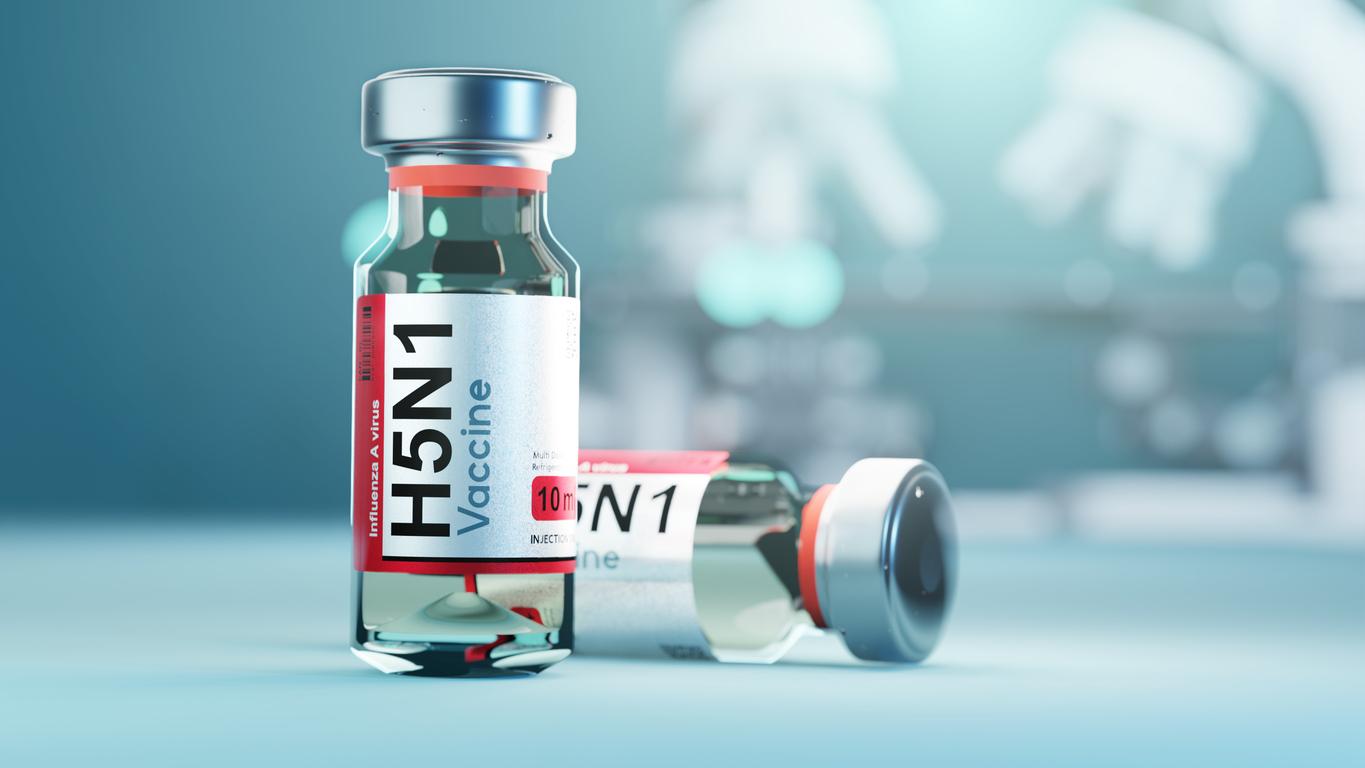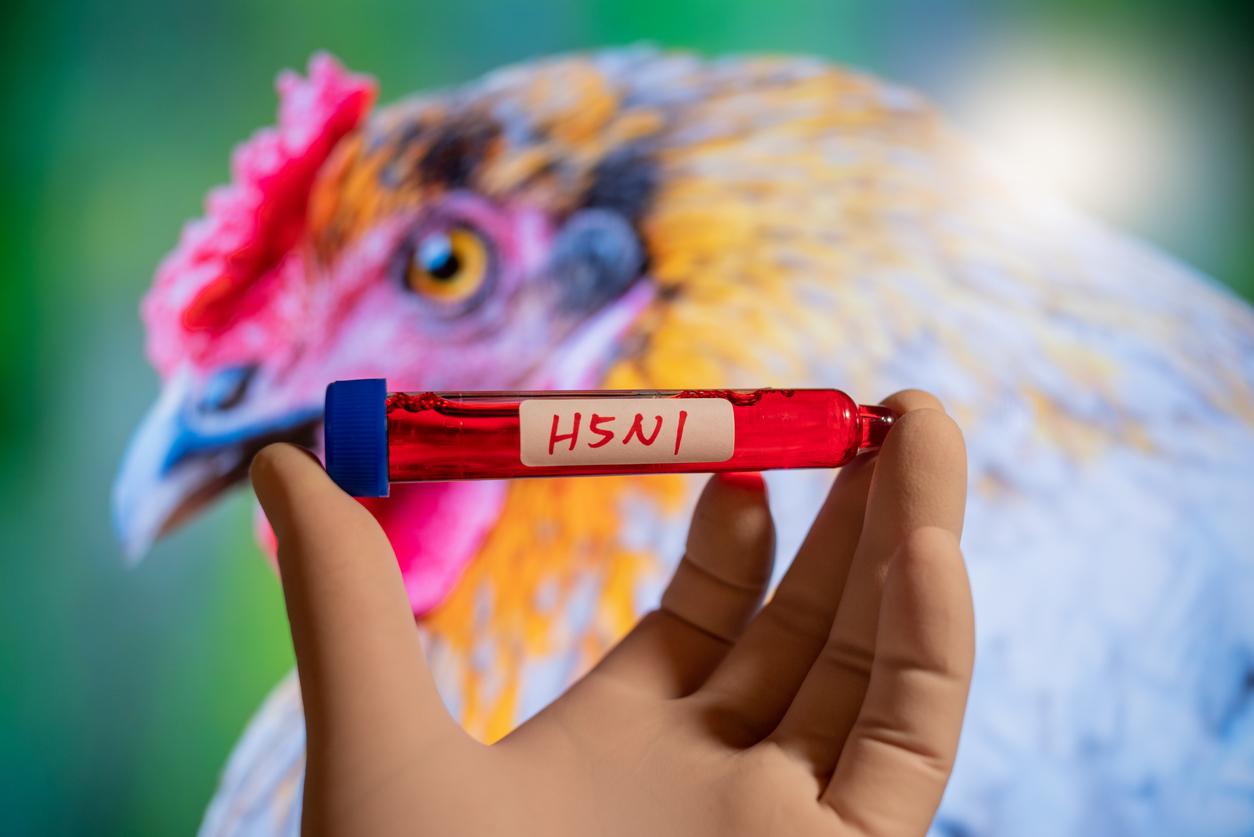Vaccination with the AstraZeneca product is suspended in France until the opinion expected on Wednesday from the European health authorities. Several side effects of the AstraZeneca vaccine had already led some European countries to suspend the administration of the doses they had yet ordered.

- Several European countries have discontinued vaccination with AstraZeneca’s product
- Vaccinated patients have experienced thromboembolic events
- French health authorities are in favor of continuing vaccination with AstraZeneca
It was Emmanuel Macron who announced it himself: vaccination with the AstraZeneca product is suspended in France. A decision that holds at least until Wednesday, when a European opinion will be given on this vaccine and its possible dangerousness. An investigation is currently underway at EU level to determine whether or not these medical problems, including cases of blood clots in vaccinated patients, are due to this product.
These are malfunctions in the body’s ability to control the formation of blood clots, which can be very dangerous. In the case of vaccinated patients, some have had thromboembolic events, the two main forms of which are deep vein thrombosis and pulmonary embolism. One of the patients died but for the moment, there is no certainty to establish a link between the vaccine and these side effects.
Cases of skin hemorrhages in Norway
Norway is among the countries that have also stopped vaccination with AstraZeneca’s product. In addition to blood clotting disorders, including one death due to cerebral hemorrhage, cases of skin hemorrhages have been reported to health authorities. It is an effusion of blood outside the blood circulation, visible at the level of the skin. Generally, they take the form of bruises. These side effects concerned young patients, after the injection of the first dose of the vaccine. The consequences can be mild, but also very serious, as a sign of a decrease in the number of platelets. Platelets are cells present in the blood, whose main function is to help stop bleeding. Thus, all Austrians under the age of 50 who have these symptoms more than three days after vaccination are invited, by the Austrian authorities who have also suspended vaccination, to consult a doctor.
More than 3000 cases of adverse effects in France
In France, 3,013 cases of adverse reactions have been recorded since the start of vaccination with the AstraZeneca vaccine. These are mainly flu-like syndromes, often of high intensity such as high fever, body aches or headaches. Until Monday, March 15 at the start of the day, the European Medicines Agency (EMA) and the National Agency for the Safety of Medicines and Health Products (ANSM) still declared themselves to be pursuing vaccination with doses of AstraZeneca. And the WHO said for its part that as long as no link is established between the side effects and the vaccine, there would be “no reason not to (I’)use.” As of today, people over 75 and those between 50 and 74 and suffering from comorbidities could be administered this vaccine in pharmacies.
.

















